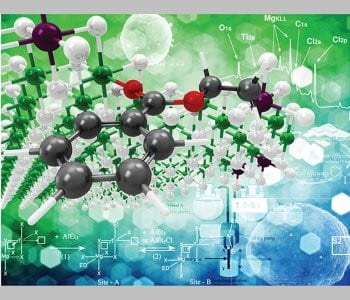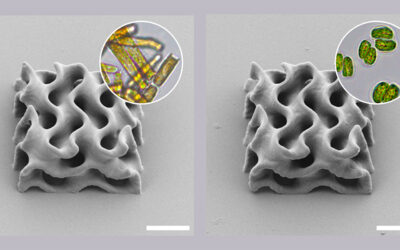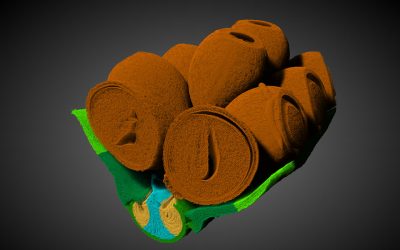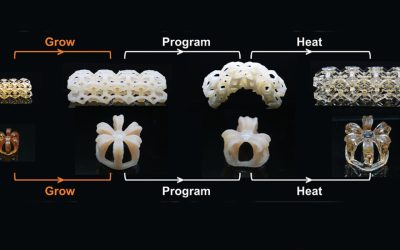 Industrial polymerizations provide constructive procedures to compensate for the lack of suitable natural materials; currently over 150 million tons of polyolefin materials are produced annually. They provide cheap and light substances for packaging, furniture and other construction in everyday life. Although often criticized for the crucial problem of environmental pollution, polyolefin materials should be recognized as sustainable materials because they are composed of pure hydrocarbon components with low negative environmental impact.
Industrial polymerizations provide constructive procedures to compensate for the lack of suitable natural materials; currently over 150 million tons of polyolefin materials are produced annually. They provide cheap and light substances for packaging, furniture and other construction in everyday life. Although often criticized for the crucial problem of environmental pollution, polyolefin materials should be recognized as sustainable materials because they are composed of pure hydrocarbon components with low negative environmental impact.
From an academic viewpoint, to elevate the profits of the polyolefin industry, effective catalytic systems are needed; moreover, the development of new catalytic systems is eagerly sought for value-added polyolefins in such a highly competitive industry.
Important developments encompass Ziegler-Natta, Phillips, and metallocene catalytic systems, as well as late-transition metal complex pre-catalysts, aspects of catalyst design, and catalytic transformations and industrialization.
Entitled “Continuing Innovation in Polyolefin Catalysis and Materials”, and additionally dedicated to Prof. Minoru Terano (Japan Advanced Institute of Science and Technology, Ishikawa) on the occasion of his 60th birthday, the recent special issue of Macromolecular Chemistry and Physics was guest-edited by Wen-Hua Sun (Institute of Chemistry, Chinese Academy of Sciences, Beijing).
The special issue illustrates present hot topics regarding polyolefin materials, providing a representative reference to the recent literature in the scientific field of olefin polymerization. It also covers topics related to major achievements of Prof. Terano: The presently industrially operating and highly active Ziegler-Natta catalyst using magnesium ethoxide, and the academically established stopped-flow polymerization technique accessing active sites of complicated heterogeneous catalysts.
Read here for free the full introductory Essay by Wen-Hua Sun:

















